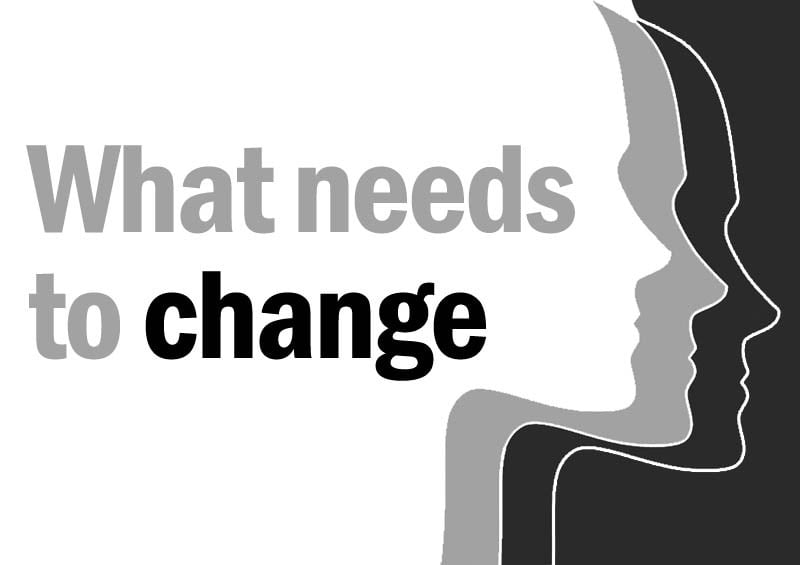

This is not a token Special Report routinely done around women’s day. Sitting in today’s Pakistan, you cannot imagine anything else more important and worthy of discussion. The events of the last month or two have raised some serious questions about the status of women. The most pertinent ones that come to mind are: what is it that needs to change the mindsets and how will that come about.
The incidents are bizarre to say the least. The photograph of 16 year old Ambreen’s charred body in a burnt van in Doongagali was followed by two more incidents of burning of young women in the name of honour. Alongside came the instances of two parliamentarians who insulted their women addressees in a manner that left one bewildered if this was better or worse than being burnt alive. In between came the Council of Islamic Ideology (CII) with its own "light beating" solutions for wives and other similar nonsense.
That’s how botched up our attitudes are towards women, where harassment and violence feed into each other. For each progressive and women-friendly law that is passed, there is the CII issuing most retrogressive directives to the parliament. Somehow, the discussion is centred more on the CII’s controversial statements that are understood to have religious sanction, putting the state and the governments on the defensive.
Clearly, something must change, in the attitudes, in mindsets, that is. The laws are there but nobody seems to care. Do we need to change something in the law to address this impunity for killing in the name of honour? Will that law still be bypassed or misused, and the perpetrator let free by entering into a compromise?
Read also: What need to change
One particular institution that we have focused on is that of political parties. Ironical as it may seem, considering the level of insults hurled by the parliamentarians themselves (at least one of whom belongs to a party that is presumably going to be headed by a woman) we still think the change has to come at the level of political parties.
We have also tried to look at the contribution of women rights movement in the country and what more could it do. This movement was spearheaded by women who raised their voice against victimisation, discrimination and violence when the odds weren’t in their favour. They effected laws, they raised voices against discriminatory laws, they tried to change attitudes and yet these seem like two steps back.
Something needs to change. This Special Report is an attempt to just bring the people to realise this.